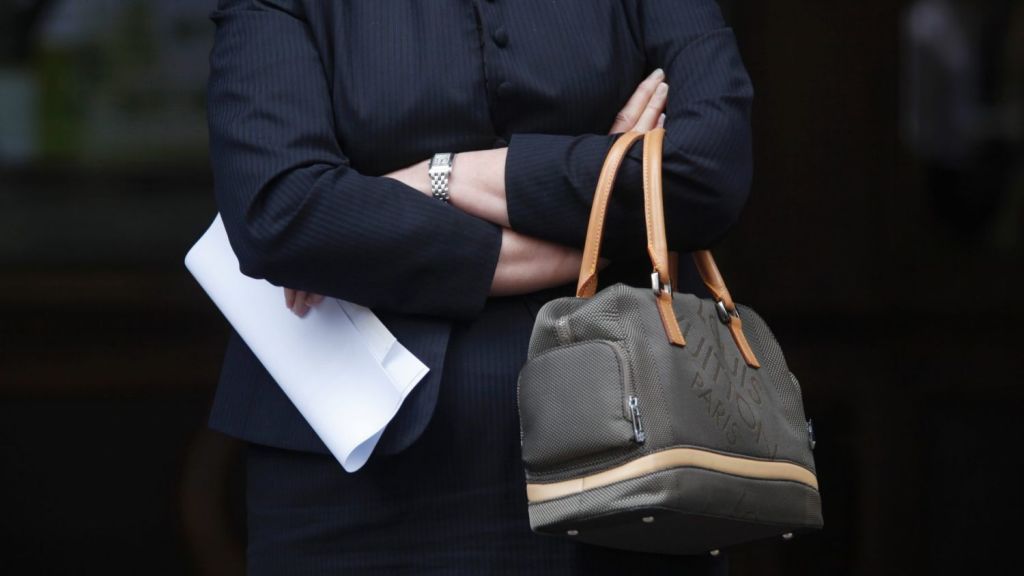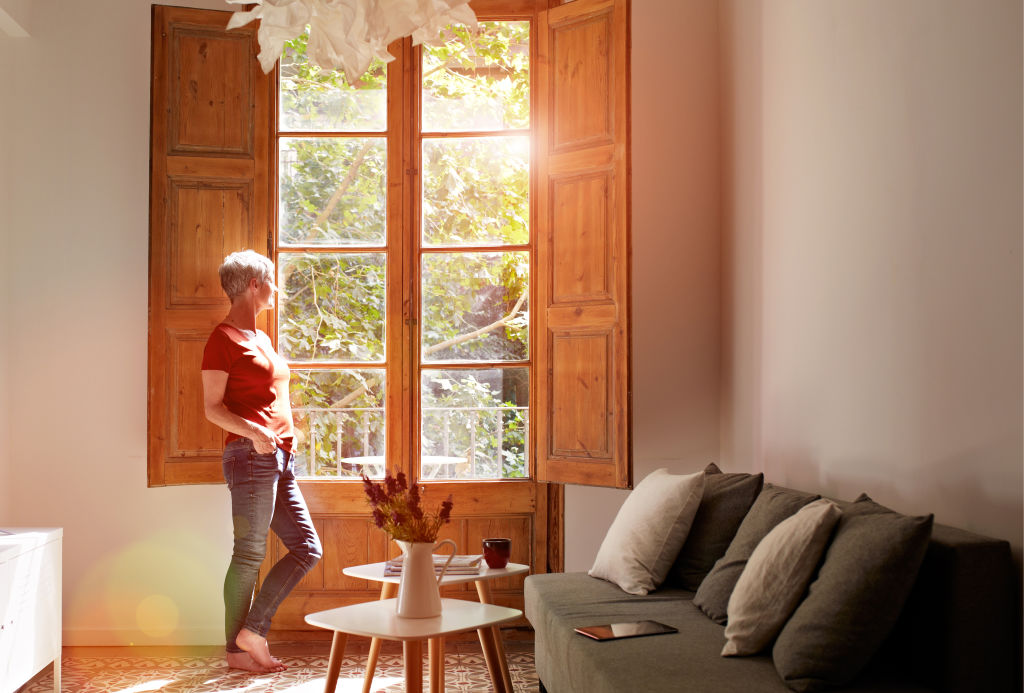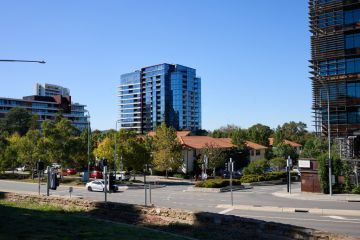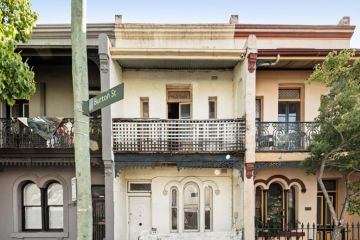Women have less property price growth than men, US study finds

Men are making more money on property than women, new research shows, with their homes likely to see greater capital gains – particularly over the short-term.
While more women own their home, a gender gap in housing returns could be a key reason women retire with less wealth, according to a US study.
Single women, on average, pay about 2 per cent more than single men for houses, and sell them for 2 per cent less, the Yale School of Management (SOM) found. When the leverage created with a typical 20 per cent deposit is factored in, the gap is increased to more than 7 per cent.
Built up over time, the gap is large, and could explain 30 per cent of the gender gap in wealth at retirement.
Professor of finance Kelly Shue, of Yale (SOM), said the study – of about nine million property transactions made over more than two decades – showed men were better at timing the market and able to negotiate better discounts. However, the study suggested this was likely due to lifestyle factors, and did not mean women had poorer negotiation skills or market knowledge.

While further research was needed to determine the reason for the housing returns gap, Dr Shue noted single women were more likely to have children or other dependents who “may restrict their ability to engage in market timing”. However, she said gender bias could also be playing a role in negotiations.
A similar trend has previously been identified in Australia, with a 2014 Curtin University study finding a gap in property price gains contributed to the gender wealth gap.
“It does have potentially large impacts on people’s retirement incomes,” said Siobhan Austen, a professor of economics with the Curtin Business School.
“For women’s wealth, when they’ve got it, their assets are really dominated by a primary home, partly that happens because women’s other wealth is really crappy compared to men’s.”
While the difference in returns was fairly systematic and across all age groups, the Australian study found that the biggest gap was between singles aged between 35 and 55, with the average value of a man’s home increasing 42.2 per cent between 2002 and 2010, compared to just 7 per cent for the average value of a woman’s property. The study also found that primary house debt grew faster for women than men.
As with other gender gaps, such as those for wages and superannuation, the difference in housing returns could be traced back to the different roles men and women traditionally took for child rearing, Dr Austen said.

She noted single parents with children were less likely to go after properties offering great financial returns – particularly riskier options – and more likely to base their decisions on when, where and what to buy around their children’s needs, schooling, and proximity to family and social connections.
Emma Power, a senior research fellow in geography and urban studies at Western Sydney University, echoed those sentiments – and noted decisions to buy and sell were driven by far more than optimum price points.
“We might guess that single women are perhaps more likely than single men … to be making decisions based on the needs of children … rather than selling when the market is at its ‘peak’,” she said. “This could drive the sorts of findings that the headlines capture.”
Although it was important to understand any form of inequality that exists in housing, Dr Power said, the first focus had to be on the gap between those who retire as home owners and the growing cohort of Australians retiring as renters. She added the US study had shown women who did own a home were less impacted the longer they held onto it, and less likely to be affected in a tight real estate market.
Real estate agents told Domain they saw little difference in how men and women negotiated on property prices in Australia, but noted women were more likely to dig deep when they fell in love with a property.
Sales coach and real estate agent Sherrie Storor said the study, which analysed transactions between 1991 and 2017, would probably tell a very different story over the next two decades, with more and more women buying property independently.
“Women are more prepared to pay what they have to pay if it’s something they really love … whereas men are more pragmatic in their approach,” added Leanne Pilkington, of the Real Estate Institute of NSW.
Dr Austen noted there was some evidence suggesting women placed more value on the family home, and as such might be more willing to pay more for a property they liked.
While a greater desire to own a home weakens a buyer’s bargaining power, and may prompt women to pay more upfront, it does not explain why they sell for less or why the gap essentially disappears in a tight housing market.
We recommend
We thought you might like
States
Capital Cities
Capital Cities - Rentals
Popular Areas
Allhomes
More







